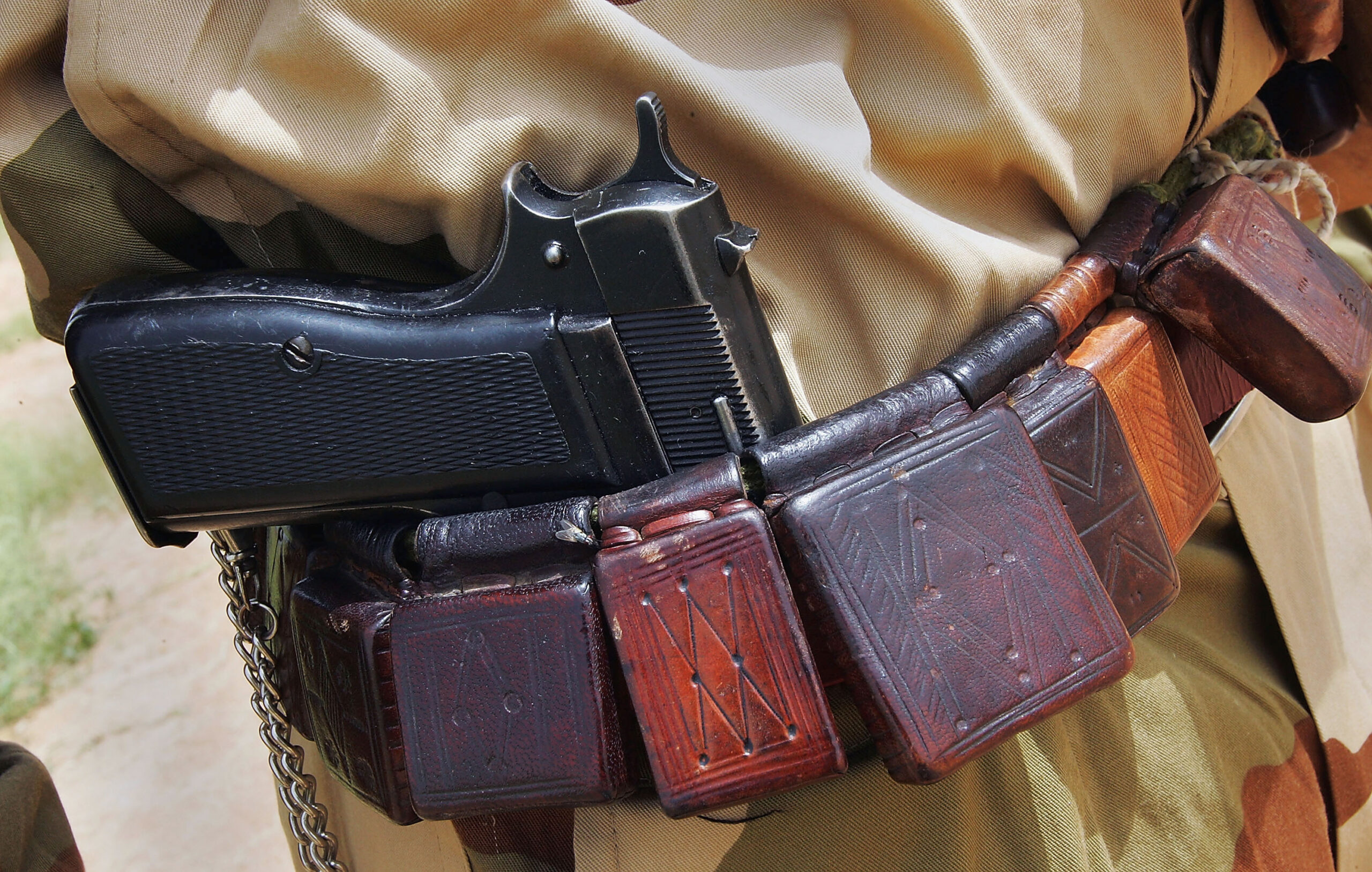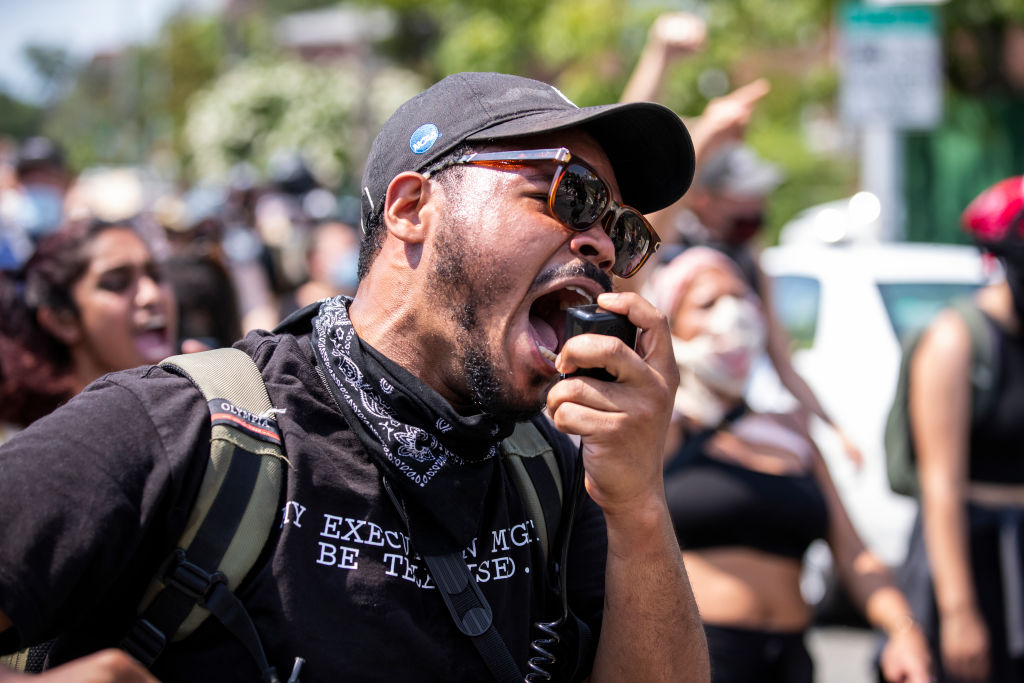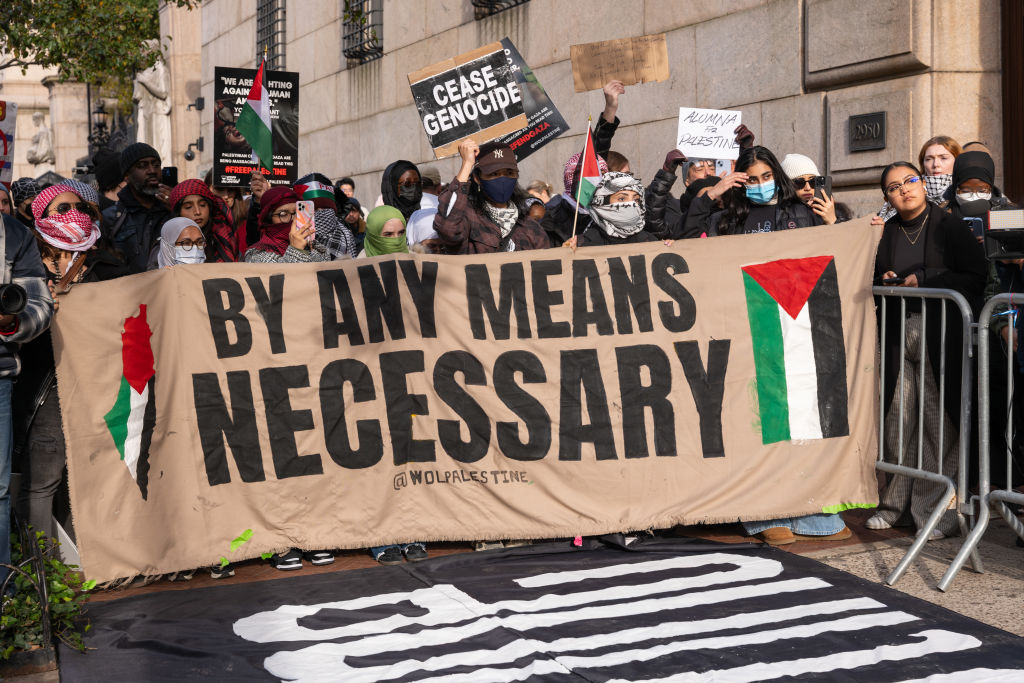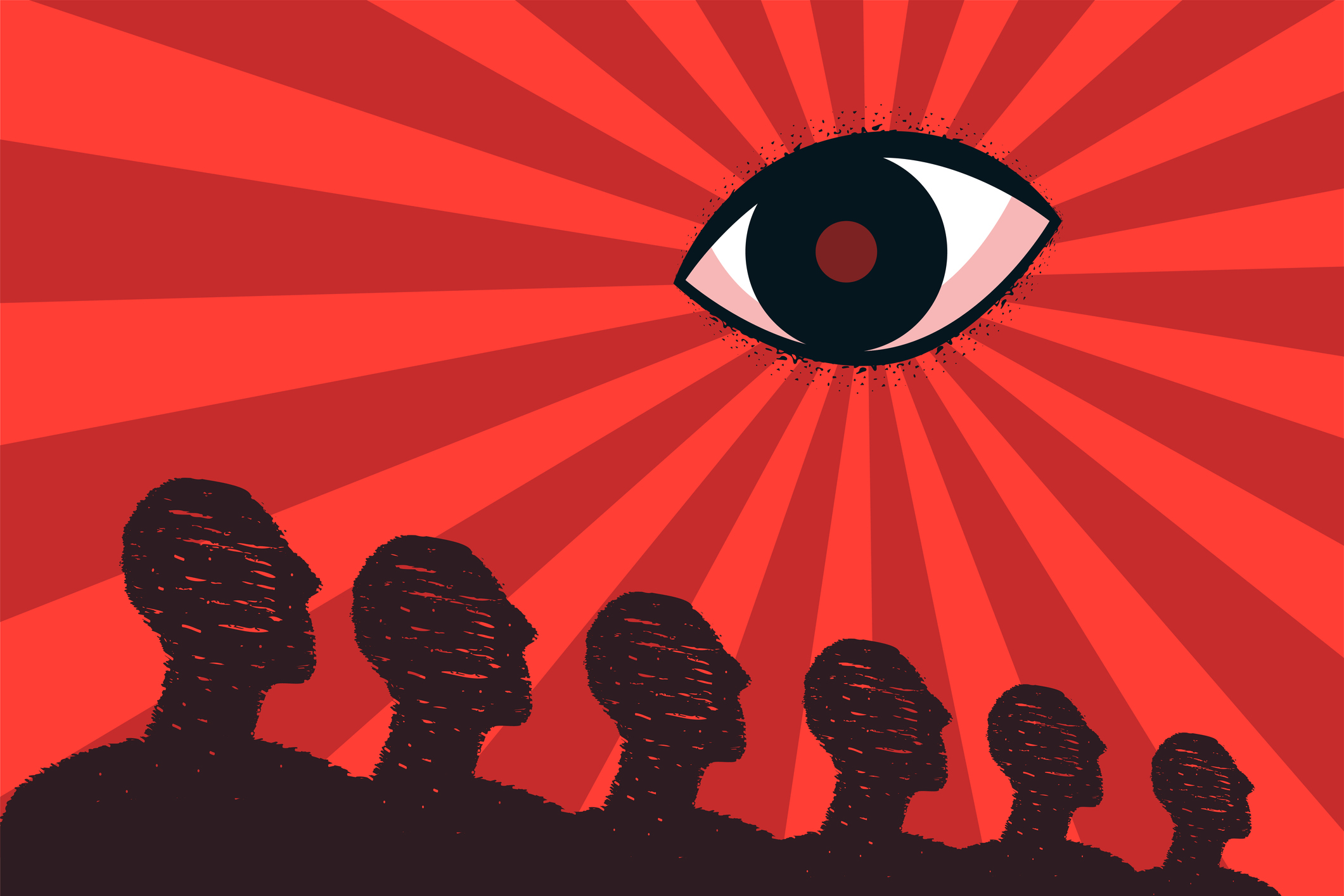Rejecting organized religion doesn't mean rejecting religion itself.
Sudan Again

The unceasing woes of East Africa.
Americans suspicious of our elites’ lust for foreign entanglements and of their sending billions down foreign policy ratholes probably have looked askance at recent news of fighting coming from the African country of Sudan. What does it all mean, and why should we care, beyond the fact that thousands of U.S. passport holders were left behind when the Biden Administration evacuated diplomats from our embassy in Khartoum?
The fighting in Sudan is essentially between two armies, both of them with a grim past and a history of corruption and human rights abuses. Each one seeks to dominate and replace the other while eventually controlling the state. The struggle is over power, money, personal ambition, and institutional rivalry tinged with ethnocentrism. The two sides have different geographic and ethnic origins.
The Sudanese Armed Forces (SAF) is the country’s regular army, which grew out of a defense force created by the British when they ruled Sudan from 1899 to 1955. SAF has provided the country with all of its dictators and has spent most of its history fighting and killing its own people in range wars against its own citizens, especially in Africa’s longest civil war (1956-1972, 1983-2005), waged by the mostly Muslim North against the mostly animist and Christian South. The George W. Bush Administration played a key role in ending that war (and in South Sudan becoming a separate country in 2011), but just as that war ended, another began in Sudan’s far west, in the region of Darfur, pitting anti-government rebels against a state where power has mostly been held by a regional elite based in the Nile Valley since its independence.
Fighting SAF today is the Rapid Support Forces (RSF), which is only the latest version of what Khartoum did for years, at least since the eighties, in fighting its internal conflicts. In addition to the regular army, the government would arm and empower one tribe or ethnic group to fight their opponents. The core of the RSF are Darfur Arab tribesmen whom Khartoum had used to fight those anti-government rebels.
In addition to weapons, Khartoum gave these men license to loot and terrorize their enemies, take their livestock, and rape their women, which they did with aplomb. But over time, this specific force, intended to be cheap paramilitaries providing extra manpower, became more of a praetorian guard than a mere auxiliary force. The servant challenged its erstwhile masters in Khartoum; Frankenstein’s monster turned on its creator.
While the army is ostensibly commanded by General Abdel Fattah al-Burhan, the latest in a long line of establishment generals from the traditional ruling north, the RSF is led by the colorful upstart Muhammad Hamdan Dagalo, nicknamed Hemedti. Hemedti is essentially an uneducated but clever tribal bandit-turned-warlord who maneuvered to become both very wealthy from Darfur’s gold mines and the country’s second man. This Darfuri Pancho Villa is attempting (and probably failing) to pull off the improbable task of replacing the polished kleptocratic gang which has ruled and looted Sudan since independence with his own rude rule.
A lot of Western reporting on this conflict is just wrong. It is not really about great power competition. While Hemedti does have a much-publicized relationship with the Russian Wagner private military company (Wagner in Africa is Washington’s most recent monomania) involving Darfur’s gold mines, both sides are pro-Russian and pro-Chinese as is quite common on the African continent. Russia will sell you weapons no questions asked, China will build infrastructure on easy terms, while Washington will give you a rainbow-flag-tinged lecture for your sins.
This is not to say that strategically located, resource-rich Sudan is unimportant; successive American administrations have found it to be very important. In 1984, the U.S. was Sudan’s biggest donor, and American grain supplies saved Sudanese from famine; they dubbed the life-saving grain “Reagan Sorghum.” The Reagan Administration armed the Sudanese Army as a pro-Western bulwark against Qaddafi’s Libya to the north and the South Sudanese rebels who were supported by Communist Mengistu’s Ethiopia.
The anti-communism focus changed in 1989 when the Sudanese Army installed an Islamist regime that preached continental Jihad and welcomed an itinerant Saudi millionaire named Osama Bin Ladin. Khartoum now waged war against the South Sudanese not just because they were rebels, but because they were infidels. American interest in Sudan morphed, motivated especially by Christian solidarity for their African brethren suffering bombing and mass starvation at the hands of radical Islamists.
If the first phase of recent American involvement in Sudan was driven by Cold War politics and the second by Evangelical Christian fervor and compassion, the third wave—on Darfur—was motivated especially by liberal activism, by that particularly Western phenomenon of the advocacy NGO. A 2006 rally to “Save Darfur” in Washington, DC was attended by tens of thousands, including speakers such as George Clooney, Al Sharpton, and a U.S. Senator named Barack Obama. Here was a trendy cause for everyone, bringing together African Americans and Jews, religious and progressive activists, in a cause which was dumbed down to “Arabs Killing Black Africans”—even though almost everyone in Sudan, “Arab” or “African,” is black.
Like a lot of Western enthusiasms involving exotic causes, this crusade reached a fever pitch and then receded as the activist and advocacy community moved onto the next big thing. Regardless of the impetus, the reality is that Sudan has been the steady recipient of billions of dollars in U.S. foreign aid, either directly or through multilateral organizations such as UNICEF or the World Food Program. Sudanese rulers have alternately appreciated or resented that American foreign aid, even if it was keeping their citizens alive.
Westerners have been trying to “fix” Sudan for 150 years, since Gordon of Khartoum was first sent to stamp out the slave trade in 1873 (pagan Africans were kidnapped, enslaved, converted to Islam, and shipped off to the Middle East for centuries). One of Sudan’s many slaves would later convert to Christianity and become a beloved Catholic saint, Saint Josephine Bakhita. And while slavery was formally ended under British rule, much of the subsequent Western initiatives in Sudan were less tangible in their results.
The half-century of British rule in the twentieth century, understandably derided by Sudanese nationalists, was relatively benign. It was certainly the least corrupt rule Sudan ever had. Not immune from the stupidities and brutalities of colonial rule, the British ruled Sudan with a relatively light touch. The men picked for the tiny Sudan Political Service charged with ruling a vast dominion were chosen from British elites, especially from those who had proven academic records and athletic prowess. The famed explorer Wilfred Thesiger, an Oxford Blue in boxing, was sent to a rural part of Darfur, where he hunted lions. His chief was the legendary Guy Moore, a World War I hero who spoke fluent Arabic and would happily spend 16 years in that one Darfur backwater where he ruled with a fair if iron hand and was dubbed “the tyrant of Kutum.” This is no blanket endorsement on my part of colonial rule. It was another famed British Orientalist, Freya Stark, who noted that even well-intentioned foreign rule was no real substitute for local rule, even if the latter proved to be disastrous.
There is a whole, huge expensive international apparatus of foreign diplomats, aid workers, international civil servants, and specialists of various sorts who have worked in Sudan for years or who go, like locusts, from one international crisis to another, all of them trying to come up with costly, complicated solutions to this suffering country’s multiple ailments. Their hearts are in the right place even though it often seems that what they are doing is a triumph of never ending “process” over actual results.
While the American government tries to secure a humanitarian ceasefire to send some relief and get its stranded citizens out, it is likely that this war will be decided on the battlefield. The question is whether Sudan will descend into sustained chaos or whether it will face another round of military dictatorship, of either nationalist or Islamist flavors. There is a better, third way, of course, with Sudanese activists—many of them idealistic young people—peacefully demonstrating for months against the generals. They certainly deserve our respect and moral support but have generally gotten short shrift from foreign bureaucrats. They already knew that they were on their own long ago.
The American Mind presents a range of perspectives. Views are writers’ own and do not necessarily represent those of The Claremont Institute.
The American Mind is a publication of the Claremont Institute, a non-profit 501(c)(3) organization, dedicated to restoring the principles of the American Founding to their rightful, preeminent authority in our national life. Interested in supporting our work? Gifts to the Claremont Institute are tax-deductible.
Higher education has always been a religious quest.
Young Nietzscheans should look to Tocqueville as a more politically responsible source for a new politics.
Liberal Jews are desperate to maintain the delusion that their major enemies are outside the house.
Conservatism and vampire stories.
How radical relativism leads to ideological fanaticism.






